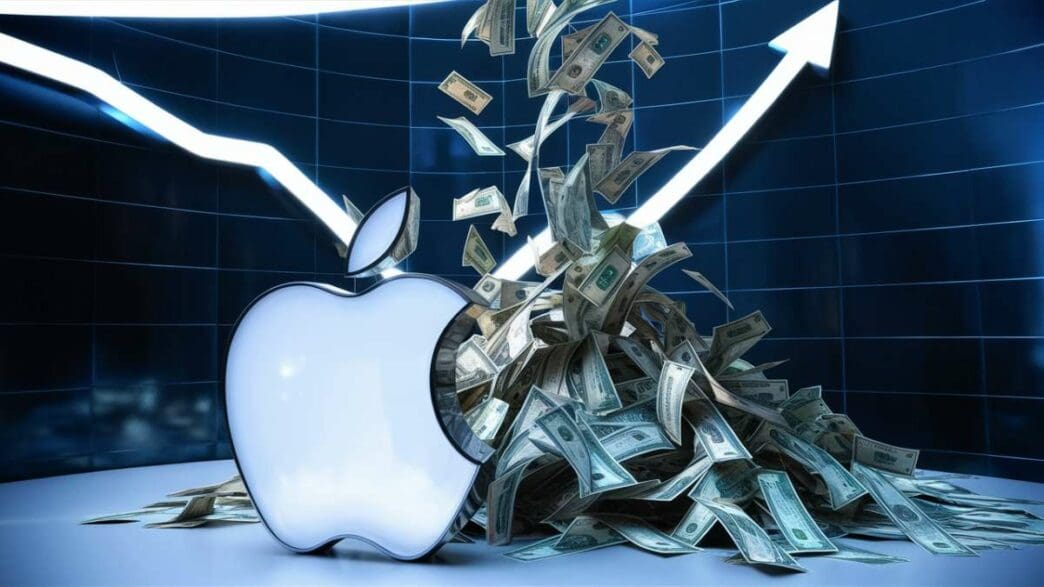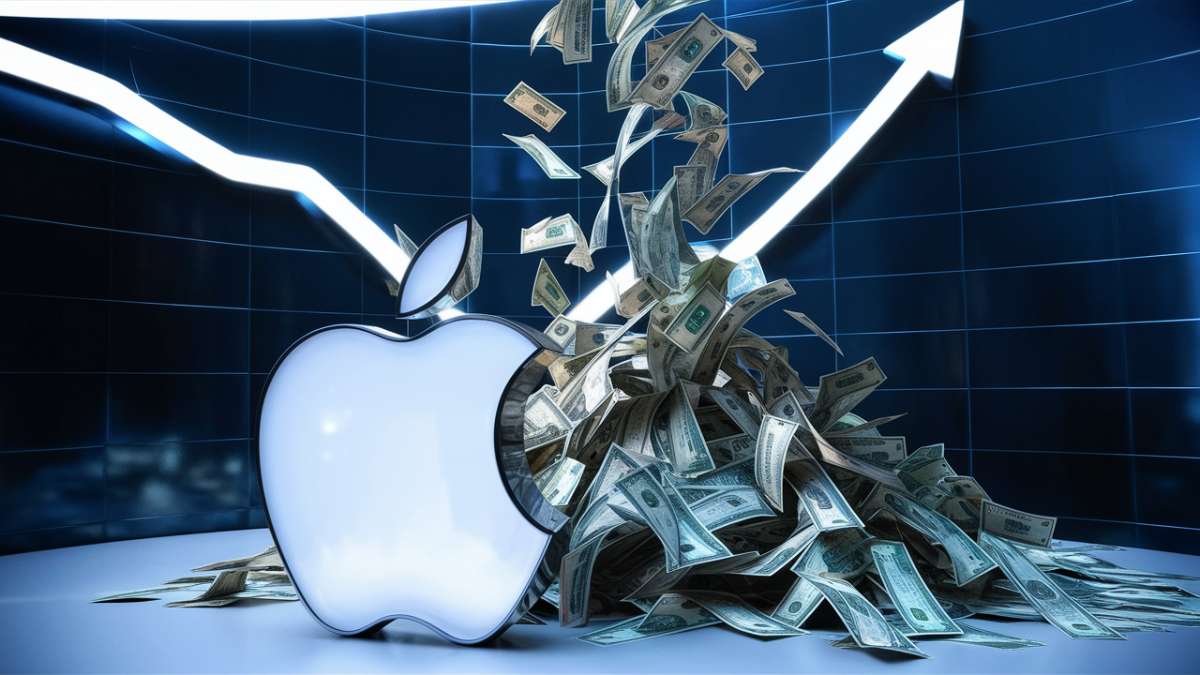Table of Contents Show
Apple’s Unprecedented $110 Billion Share Buyback
Apple recently announced a record-breaking $110 billion share buyback plan, surpassing its own previous record of $100 billion set in 2018. This move comes amid challenging earnings for the company, with a 10% decline in iPhone sales suggesting weak demand for its latest lineup.
Shifting from Growth to Value
The massive buyback is seen by analysts as a signal that Apple is transitioning from a high-growth company to a value stock that returns money to shareholders. Steve Sosnick, chief strategist at Interactive Brokers, noted that Apple may be acknowledging its changing status and prioritizing returning cash to shareholders over R&D or expansion.
Concerns Over Reliance on Buybacks
Some argue that Apple’s increasing reliance on share buybacks to boost earnings per share (EPS) is concerning. Over the past decade, Apple’s EPS has grown at double the rate of its actual net earnings, largely due to its aggressive share repurchase program. If Apple were to cut back on buybacks due to various factors, its premium valuation could diminish.
Frequently Asked Questions:
- What challenges does Apple face in key markets?
Apple faces slowing sales in key markets like China and is under scrutiny from U.S. and EU antitrust regulators. - How did the buyback announcement affect Apple’s stock price?
The record buyback announcement drove a surge of up to 7.9% in Apple’s stock price in after-hours trading. - Why are some analysts concerned about Apple’s reliance on buybacks?
If Apple were to cut back on buybacks due to negative earnings growth, high interest rates, or potential corporate tax changes, its premium valuation could diminish. - What does the buyback signal about Apple’s growth prospects?
Analysts see the buyback as a signal that Apple is transitioning from a high-growth company to a value stock that returns money to shareholders. - How has Apple’s EPS growth compared to its net earnings growth over the past decade?
Over the past decade, Apple’s EPS has grown at double the rate of its actual net earnings, largely due to its aggressive share repurchase program.













